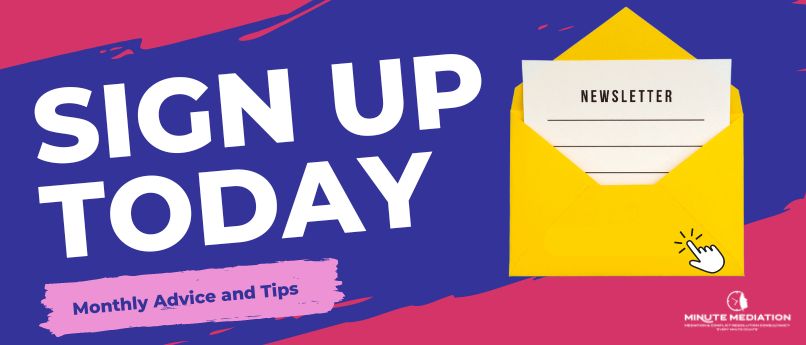Resolving Workplace Conflicts Through Mediation

Every organisation aims for workforce harmony, but achieving this isn’t as easy as it seems. Workplace conflicts exist in all forms and shapes, and may arise even when you least expect them. They may escalate and turn into formal employment tribunal claims, putting your organisation through additional stress.
Mediation can reduce the likeliness of employees filing for these claims. This is why employers and organisations are encouraged to hire a mediator for resolving conflicts and restoring harmony at the workplace.
When Should You Use Mediation?
Many employers wait till until things get really bad among the two conflicting parties to actually seek mediation. This isn’t recommended. Instead, you should opt for mediation earlier during a conflict so that the disagreement can be settled more amicably and easily.
The longer you wait, the worse the situation will become. It’ll affect people’s productivity, morale, and relationships, all of which directly impact your organisation. Therefore, if you notice an employee is significantly unhappy about certain changes you’ve made at the workplace, or two co-workers are continually having clashes when working together, you might want to intervene via mediation. The process involves appointing a mediator who then contacts the concerned parties, speaks to them separately (and together, if agreed upon) to better understand the conflict, and helps them reach an agreement.
So, what should you do if you’re the one involved in the mediation process? There are two things to keep in mind for a successful outcome.

Active Listening
Remember, you’re there to resolve a conflict, not blame your employee, colleague, or business partner. It’s imperative that you channel active listening during the mediation process when you’re speaking to the opposing party. This means listening to understand rather than listening to formulate opposing arguments.
During a mediation session, you’ll most likely be required to interact with the opposing party under the presence of the mediator. Use this time wisely. Use nonverbal cues as well as verbal signs to express that you’re making an effort to understand the other party’s point of view. Don’t get defensive if they say something about your approach to things; use it as a learning opportunity and hear them out even if you don’t agree with what they’re saying. You can even ask questions to better understand their perspective.
Negotiation
Having discussed things openly, your mediator will then try to help you both reach a compromise. This is the goal of the mediation process, after all, which means that you should be open to flexibility.
Try to see how you can best negotiate the situation to prevent it from blowing up further. Identify what areas you’re willing to compromise on, and which ones are an absolute no-go.
Avinder Laroya, is an accredited workplace mediator at Minute Mediation and helps resolve workplace conflicts and disputes. Get in touch with her today for conflict management and mediation services in London!
About Minute Mediation
Minute Mediation Ltd. is the only full-service conflict management and mediation consultancy that offers vast business and legal expertise in combination with proven neuroscience-based technologies through its Conflict Science SolutionsTM (CSS). Minute Mediation is one of a few practices that is exclusively focused on mediation with a mission to enable self-empowerment to negotiate better deals and manage conflicts into collaborations.
Areas of dedicated expertise include workplace mediation and areas of business, commercial, and property mediation such as commercial contract breach, business partnership or shareholder disputes, commercial landlord-tenant disputes, trademark or cross border disputes. Visit https://minutemediation.com.

